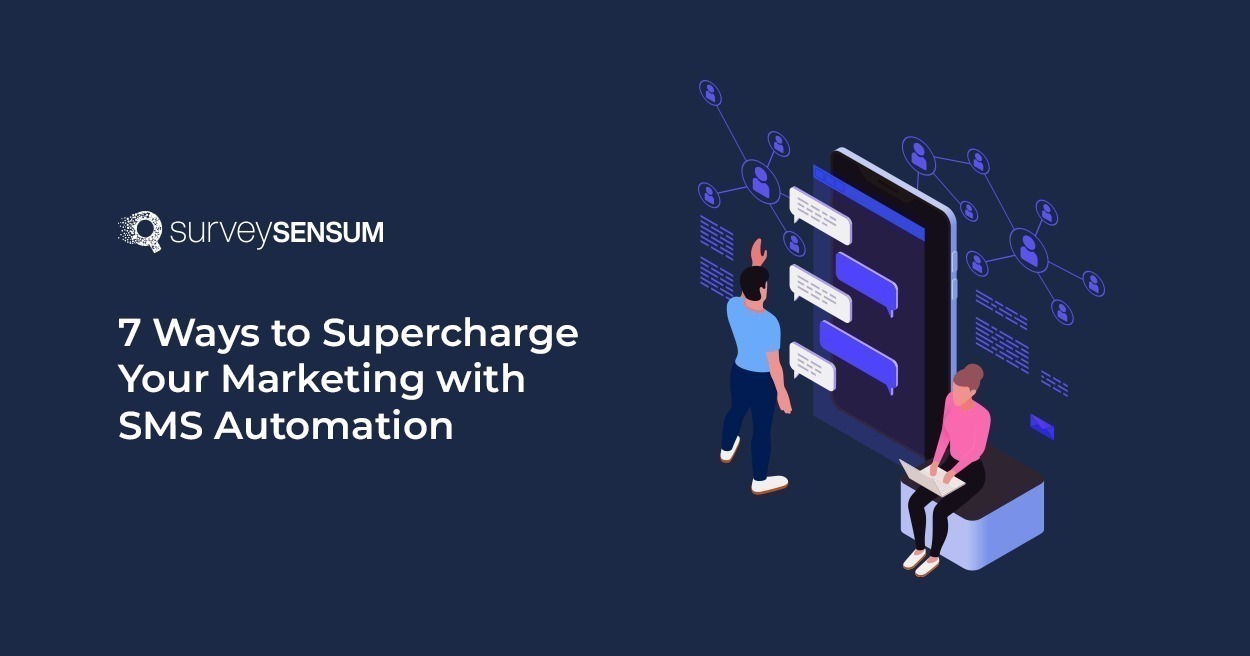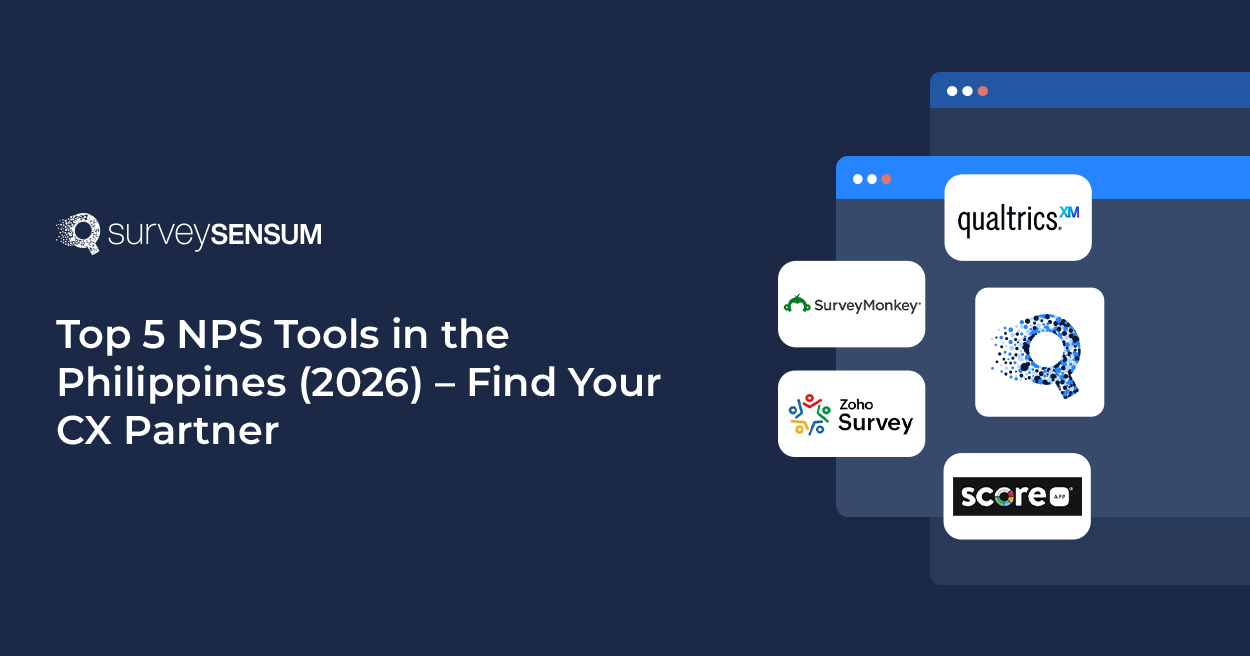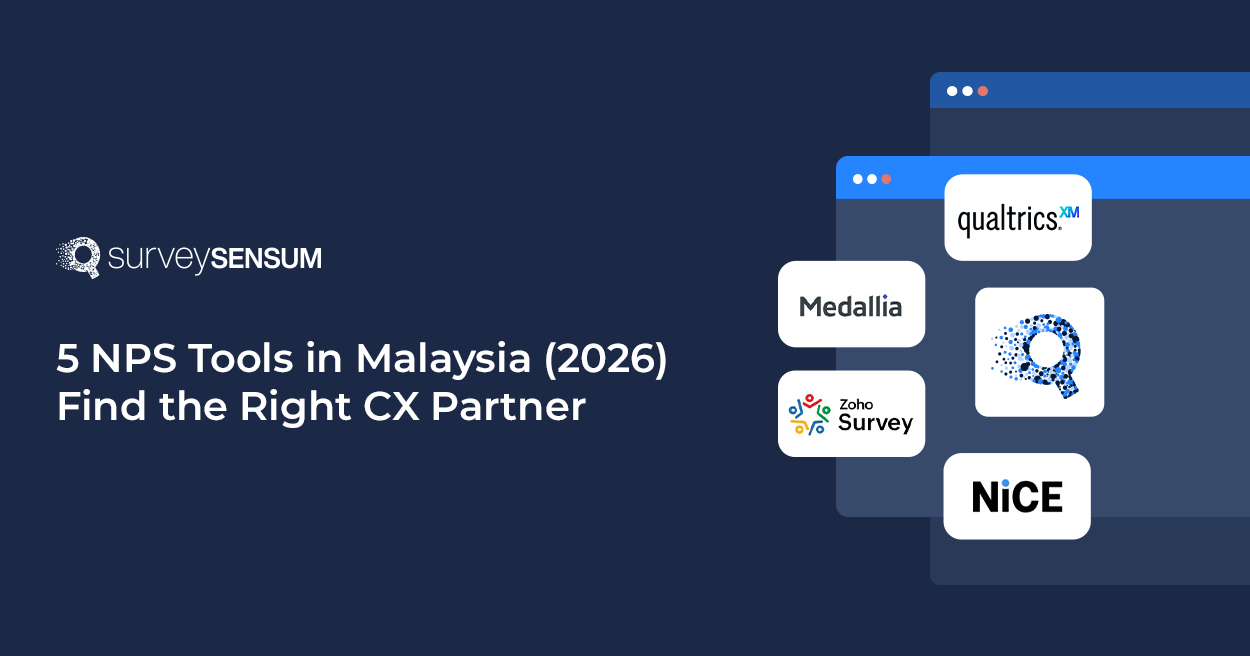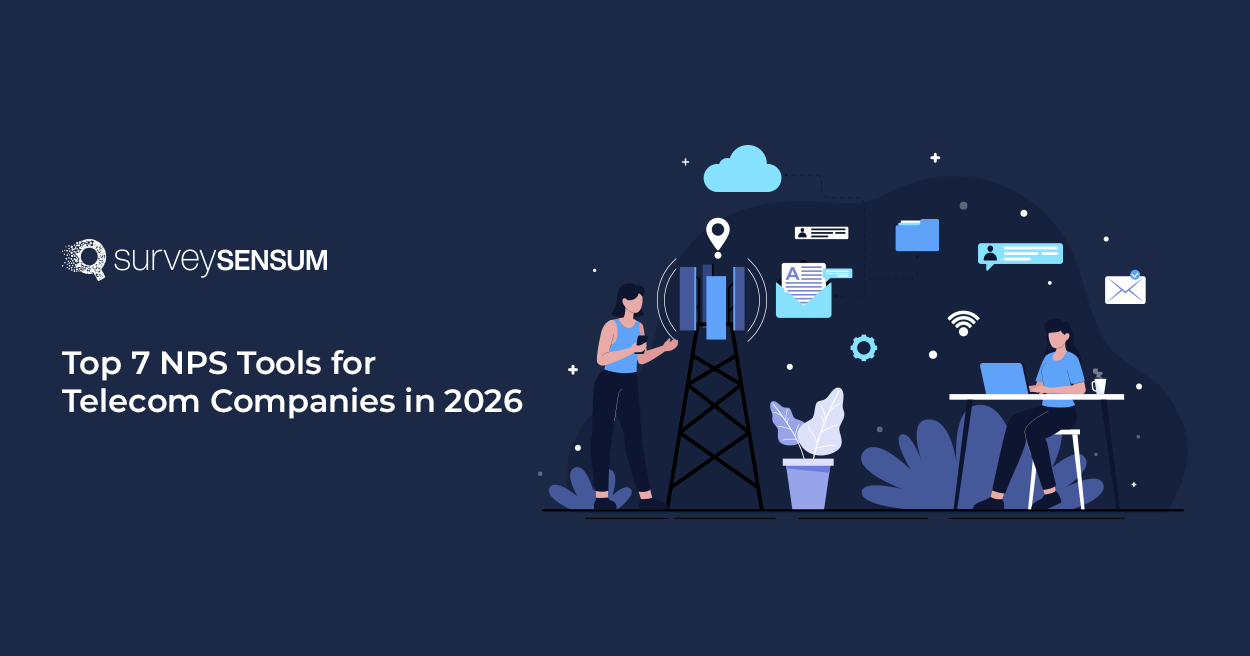

Imagine this: you’re a business owner eagerly waiting for your latest marketing campaign to take off. As you sip your morning coffee, you receive a text notification. It’s not just any message; it’s a personalized offer that feels like it was crafted just for you.
7 Powerful Ways to Boost Your Marketing (and Customer Experience) with SMS Automation
- Personalize Customer Journeys
- Automate Triggered Campaigns
- Drive Conversions with Targeted Promotions
- Boost Customer Engagement and Satisfaction with Interactive Messaging
- Automate Customer Service and Support
- Leverage the Power of MMS for Richer Storytelling and Branding
- Measure and Optimize for Continuous Improvement
That’s the power of SMS automation – a tool that goes beyond the ordinary to create meaningful connections with your audience. Effective marketing is all about reaching your audience where they are and engaging them with timely, relevant messages. This is where SMS automation comes in as a powerful tool to enhance your marketing efforts.
In this article, we’ll explore seven innovative ways to supercharge your marketing strategy using SMS automation and enhance customer experience. Let’s get started:
7 Powerful Ways to Boost Your Marketing (and Customer Experience) with SMS Automation
The following strategies will help you with personalized marketing to seamless customer communication. Although people compare SMS vs email marketing, they differ in terms of customer experience. Let’s see how SMS marketing can help propel your business forward in today’s competitive landscape:
1. Personalize Customer Journeys
The concept of personalized customer journeys involves leveraging SMS automation to send tailored messages to individual behavior, demographics, and preferences.
Consider a scenario where a beauty brand identifies a customer who frequently purchases skincare products. They could deploy a targeted SMS promotion like,
“Hello [Customer Name]! Your favorite skincare essentials are now 15% off. Treat yourself with code BEAUTY15. Offer ends soon!”
Personalization extends beyond addressing customers by their names and involves delivering messages that resonate on a personal level.
For instance, sending a personalized greeting, such as below, can foster a sense of acknowledgment and connection.
“Welcome back, [Customer Name]! We’ve missed you. Here’s an exclusive 10% off your next purchase. Use the code WELCOMEBACK10. Happy shopping!”
Additionally, sending purchase thank-you messages with relevant product recommendations showcases a deep understanding of customer preferences.
Imagine a customer purchasing a camera; they might receive a thank-you SMS saying,
“Thank you for choosing [Brand]! Capture more moments with our top-rated lenses. Check them out here: [Link]. Enjoy your photography journey!”
Addressing cart abandonment through tailored reminders is another facet of personalized customer journeys.
A clothing retailer could send an SMS like,
“Hi [Customer Name]! Forgot something? Your selected item is still waiting in your cart. Complete your purchase now and enjoy free shipping!”
2. Automate Triggered Campaigns
Automating triggered campaigns through SMS involves setting up messages based on specific customer actions, appointments, bookings, order confirmations, or loyalty program updates.
For example, a gym management app could automatically send an SMS confirmation and reminder for a user’s booked workout class:
“Hi [Customer Name]! Your yoga class is confirmed for tomorrow at 10 AM. Get ready to feel the burn!”
This automated approach improves conversion rates, builds brand trust, and contributes to enhanced customer retention by providing timely and relevant information. For another example, a home improvement business could immediately text new leads as soon as they fill out an inquiry form. which is why it’s crucial to use a text survey app for quick responses.
Automation can also minimize friction and ensure proactive communication.
“For instance, sending an order confirmation SMS immediately after purchase, along with an estimated delivery time, creates a seamless and reassuring experience for the customer.”
3. Drive Conversions with Targeted Promotions
Driving conversions through SMS automation involves personalizing and scheduling promotional campaigns based on customer segments and purchase history.
For instance, a tech retailer could send a targeted promotion to customers who have previously purchased smartphones:
“Hey [Customer Name]! Upgrade your tech game with our latest range of smartphones. Enjoy an extra 15% off with code TECH15. Limited stock!”
This targeted approach not only increases sales but also reduces marketing spend on irrelevant outreach, ultimately maximizing return on investment.
To enhance your promotional campaigns further, consider utilizing customizable promotional flyer templates.
For example, a fashion brand might send an SMS saying,
“Hello, trendsetter! As a valued customer, here’s an exclusive 20% off on our new collection. Use the code STYLE20. Happy shopping!”
Deliver Exceptional Customer Experience with SurveySensum
4. Boost Customer Engagement and Satisfaction with Interactive Messaging
Boosting customer engagement through SMS automation involves facilitating polls, quizzes, or contests via text messages. To streamline this process, you can use an app to forward SMS, which can significantly enhance your efficiency and effectiveness.
For instance, a beverage brand might create an interactive SMS poll:
“Hey [Customer Name]! Which flavor would you love to see next? Reply with A for Mango, B for Raspberry, or C for Pineapple. Your vote matters!”
Interactive messaging generates valuable data, increases brand awareness, and enhances customer involvement, which contributes to a more dynamic and engaging marketing strategy.
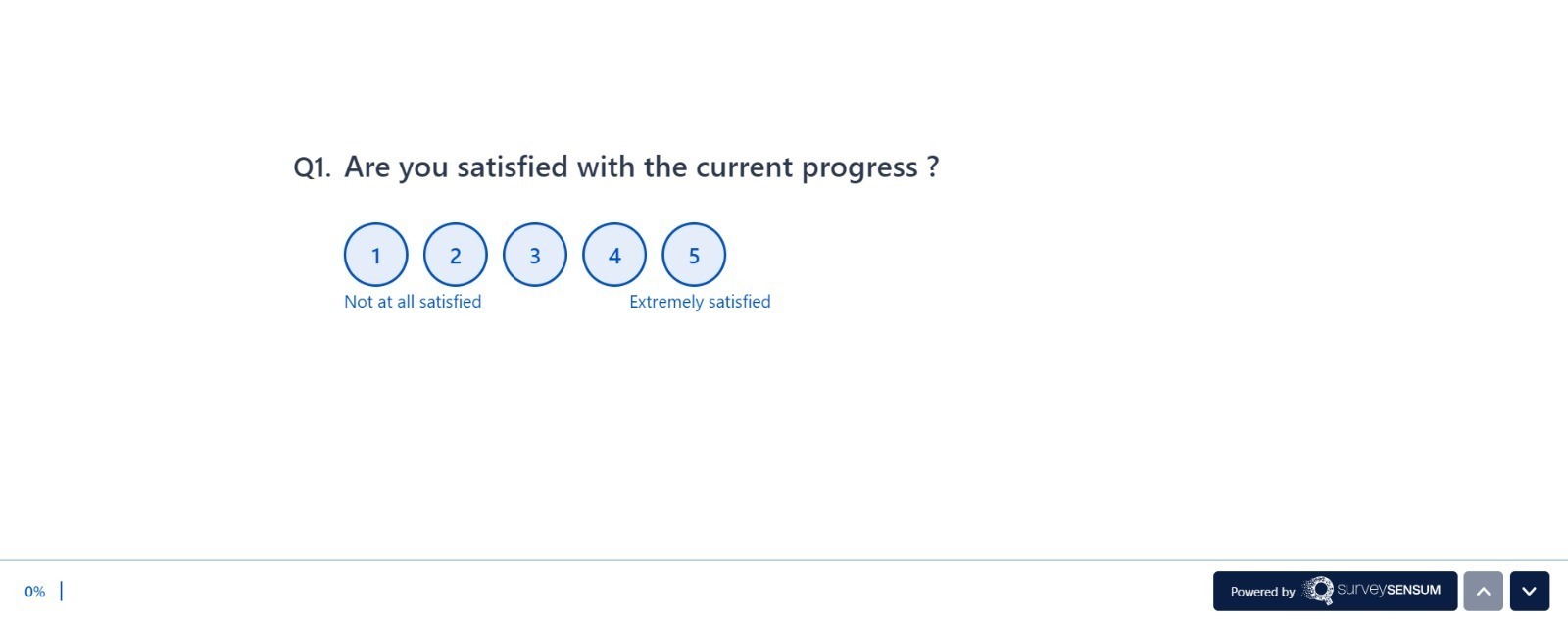
5. Automate Customer Service and Support
Automating customer service and support through SMS involves reducing customer churn and building positive brand associations. Imagine a scenario where an airline sends an automated SMS with real-time flight updates:
“Hello [Customer Name]! Your flight is on schedule. For any assistance, reply HELP. Safe travels!”
When customers experience efficient and personalized service, they are more likely to remain loyal to a brand and recommend it to others. One effective way to automate customer service interactions is by implementing surveys after each customer interaction.
These surveys help gather valuable feedback from customers, allowing businesses to identify areas for improvement.
Another critical factor of customer service is providing prompt, efficient, and personalized responses. This involves sending automated appointment reminders, answering common questions, sending order updates, and other things and also, leveraging Kubernetes architecture can enhance this process by ensuring that your customer service applications are scalable, allowing for seamless handling of inquiries and efficient management of resources.
6. Leverage the Power of MMS for Richer Storytelling and Branding
Multimedia Messaging Service (MMS) allows businesses to stand out with visually compelling content. For example, a restaurant could send an MMS showcasing a tantalizing dish with the caption:
“Indulge your senses! Try our new dish – Chef’s Special Risotto. Show this message for a 10% discount. Bon appétit!”
MMS campaigns featuring product highlights, personalized video messages, or behind-the-scenes glimpses create a lasting impression. They go beyond text to provide a platform for richer storytelling.
Imagine a clothing brand sending an MMS featuring a short video of a fashion show, displaying the latest collection:
“Experience runway glamor wherever you are! Watch our exclusive fashion show preview. Reply FASHION for a sneak peek!”
Deliver Exceptional Customer Experience with SurveySensum
7. Measure and Optimize for Continuous Improvement
To ensure the effectiveness of your SMS campaigns, measuring key metrics is essential. For instance, an eCommerce brand might analyze open rates, click-throughs, and engagement metrics for a recent promotion:
“Hi [Customer Name]! Thanks for shopping with us. We’d love your feedback. How was your experience? Reply with a rating from 1 to 5, 5 being the best!”
Continuous refinement based on data insights and customer feedback is crucial for a positive experience. For example, a tech company might send an SMS like,
“Your opinion matters! We’ve made some updates based on your feedback. Check out the improved features. Reply THANKS to share your thoughts!”
Conclusion
SMS automation offers a powerful toolkit for modern marketers seeking to engage with their audience in more personalized and efficient ways. Embracing SMS automation allows businesses to connect with their customers on a deeper level and nurture lasting relationships.
By leveraging the strategies outlined here, businesses can harness the full potential of the SMS channel to drive engagement, boost sales, and foster lasting customer relationships. Ready to take action? Explore and implement these strategies now.






